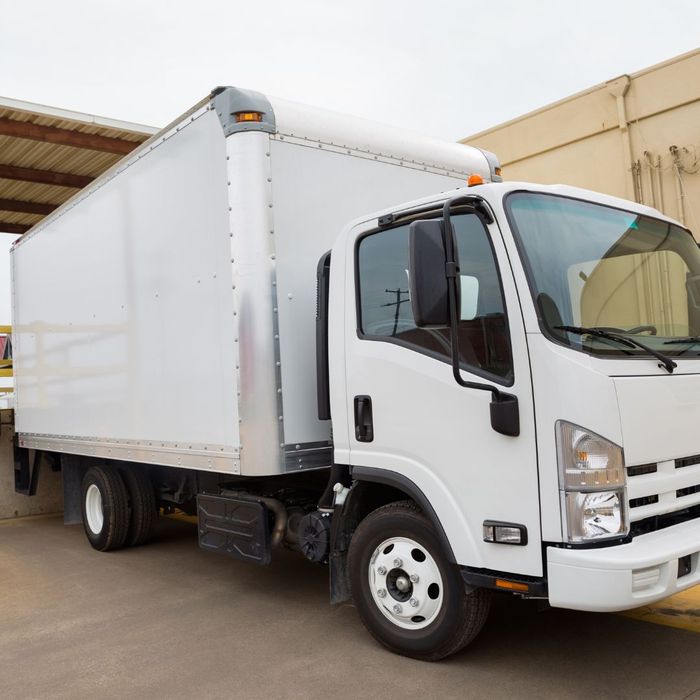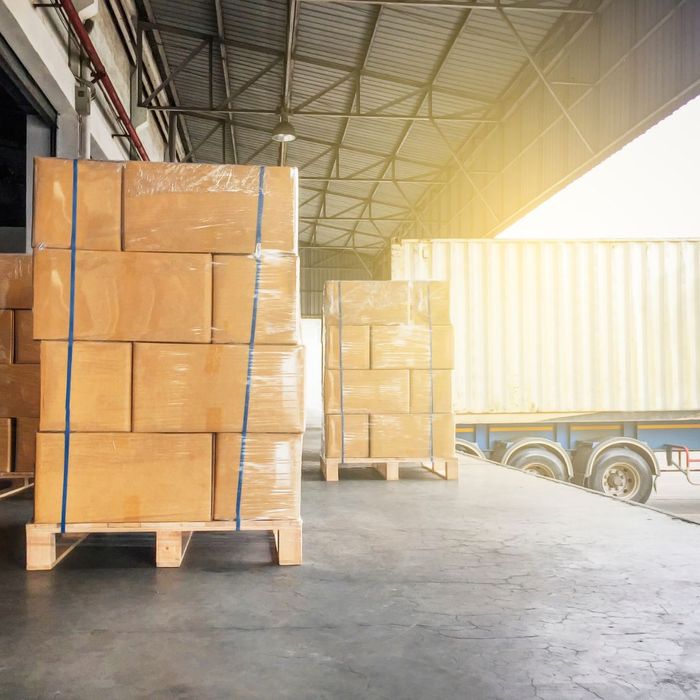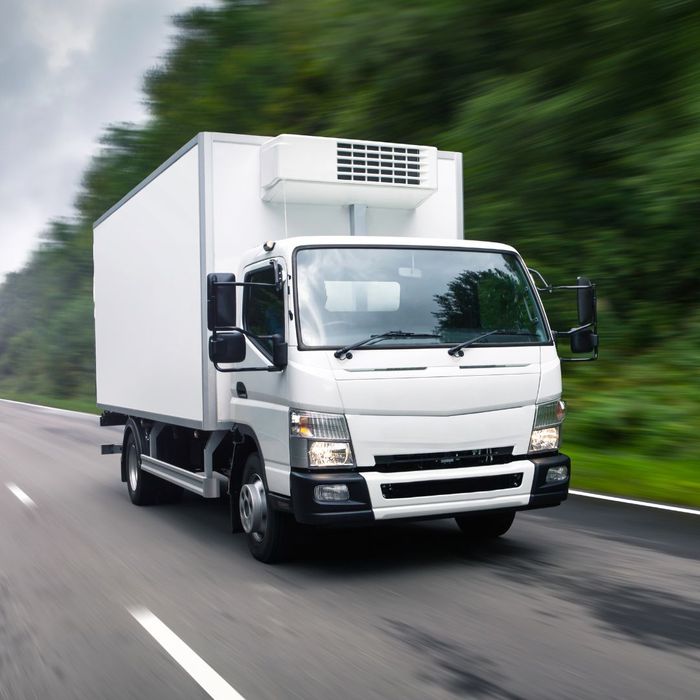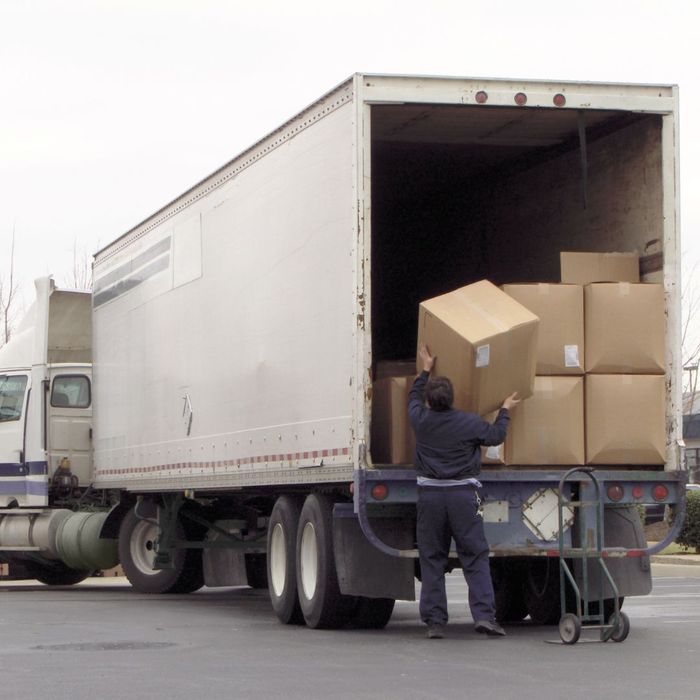When it comes to freight shipping, understanding the difference between FTL (full truckload) and LTL (less-than-truckload) can greatly impact your logistics and costs. At EDI Express, we specialize in providing efficient shipping solutions tailored to the specific needs of businesses. In this article, we will delve into the key differences between FTL and LTL shipping to help you make informed decisions for your shipping requirements. Read on!
What is the Difference between FTL and LTL shipping?

What is LTL shipping?
LTL, or less-than-truckload, refers to a shipping method that combines multiple shippers' freight on the same trailer. This option is ideal for shipments between one and six pallets or those that are less than 14 linear feet. With LTL shipping, you only pay for the space you use, making it a cost-effective choice for small businesses. However, it's important to note that LTL shipments may have longer transit times due to multiple stops for pickups and deliveries.

Exploring FTL Shipping
FTL, or full truckload, shipping is commonly utilized for large shipments that require the entire truck or close to it. With FTL, your freight occupies the entire truck, offering exclusivity and direct transit from the origin to the destination. This option is excellent for time-sensitive deliveries, fragile goods, and when specific pickup and delivery dates are crucial.

Key Differences
The primary discrepancy between LTL and FTL shipping lies in the cost structure and transit times. LTL shipping allows for higher cost savings since you only pay for the space used. On the other hand, FTL shipping guarantees firm pickup and delivery dates, making it ideal for time-sensitive shipments. When it comes to transit times, FTL offers predictability with direct delivery, while LTL may have variations due to multiple stops involved.

Optimizing Your Shipping Options
To optimize your shipping options, consider the size, fragility, and quantity of your shipment. If you have a larger, time-sensitive shipment, FTL is the way to go. However, if you have smaller shipments or need flexibility in delivery dates, LTL offers cost savings and convenience.
Whether you choose LTL or FTL, EDI Express is here to support your shipping needs. Contact us today to discuss your requirements and unlock efficient, tailored freight solutions for your business.
